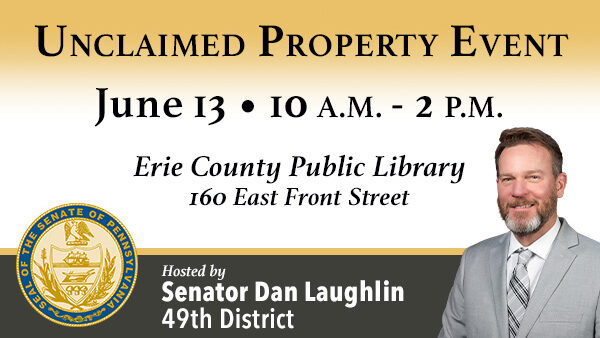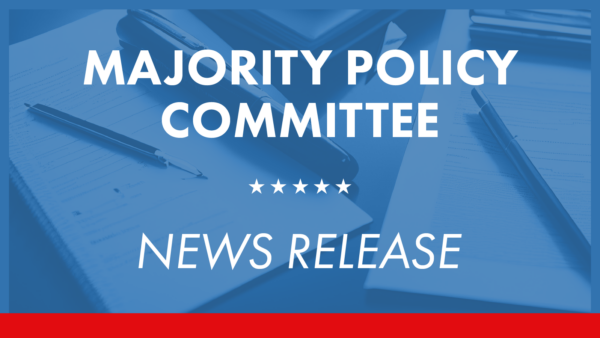Erie CRIZ News Conference
A news conference will be held on Monday, July 15 at 9 a.m. in Erie’s Perry Square about the City of Erie’s City Revitalization and Improvement Zone (CRIZ) designation that was included as part of the recently completed 2024-25 state budget. [Read More]








